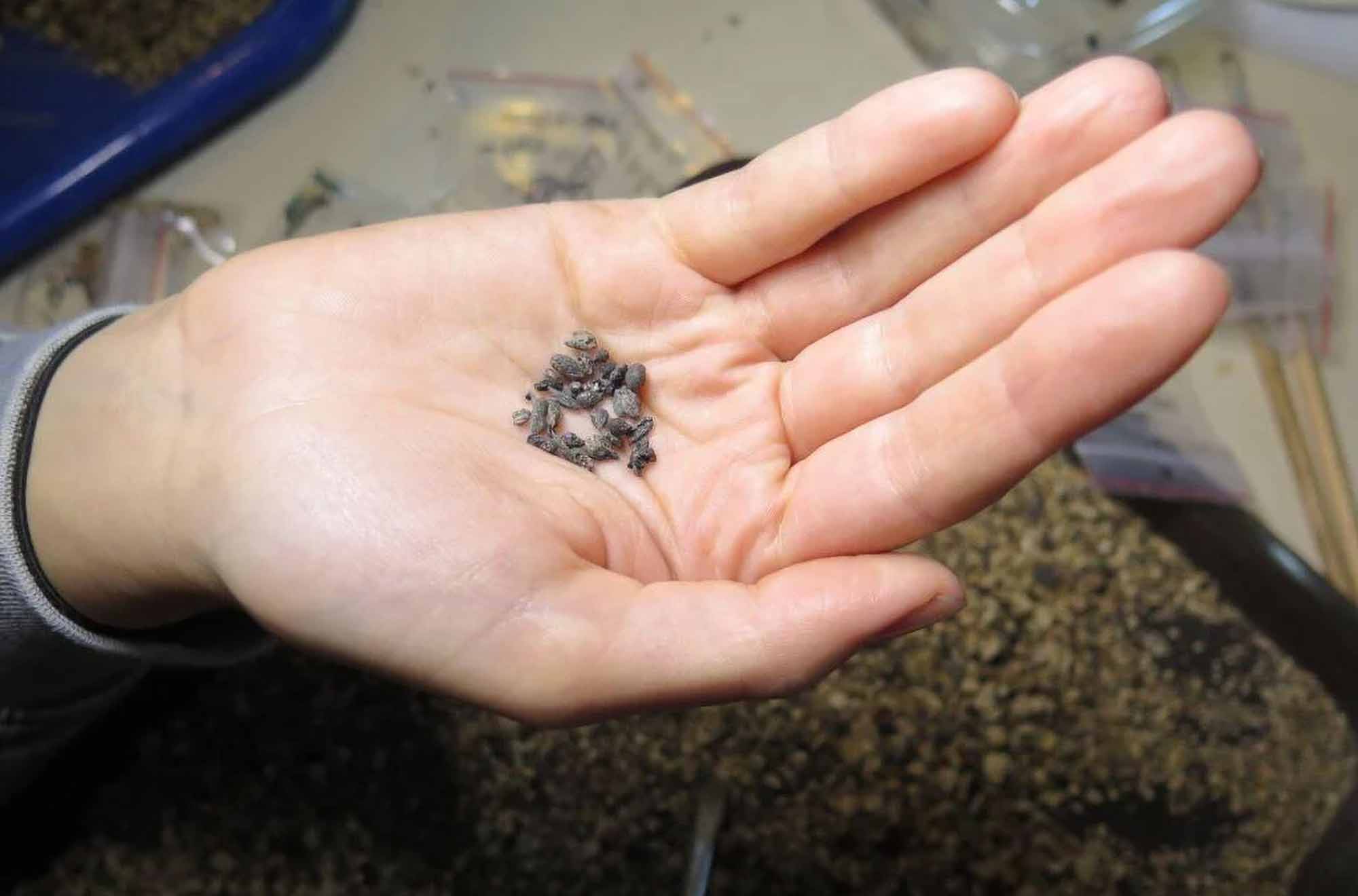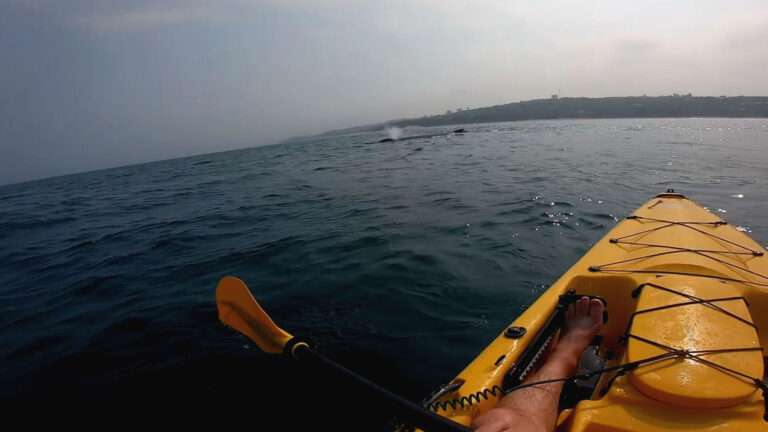Scientists have discovered a genetic link between modern grapes and varieties cultivated in Biblical times.
The extraordinary discovery came as experts from Tel Aviv University and the University of Haifa in Israel studied ancient grape seeds found at an ancient site.
The seeds – found at an archaeological site in Avdat in the Negev desert – were virtually identical to a red grape used for fine wine production today.
The variety – now known as Syriki – is used to produce wine in modern Greece and Lebanon.
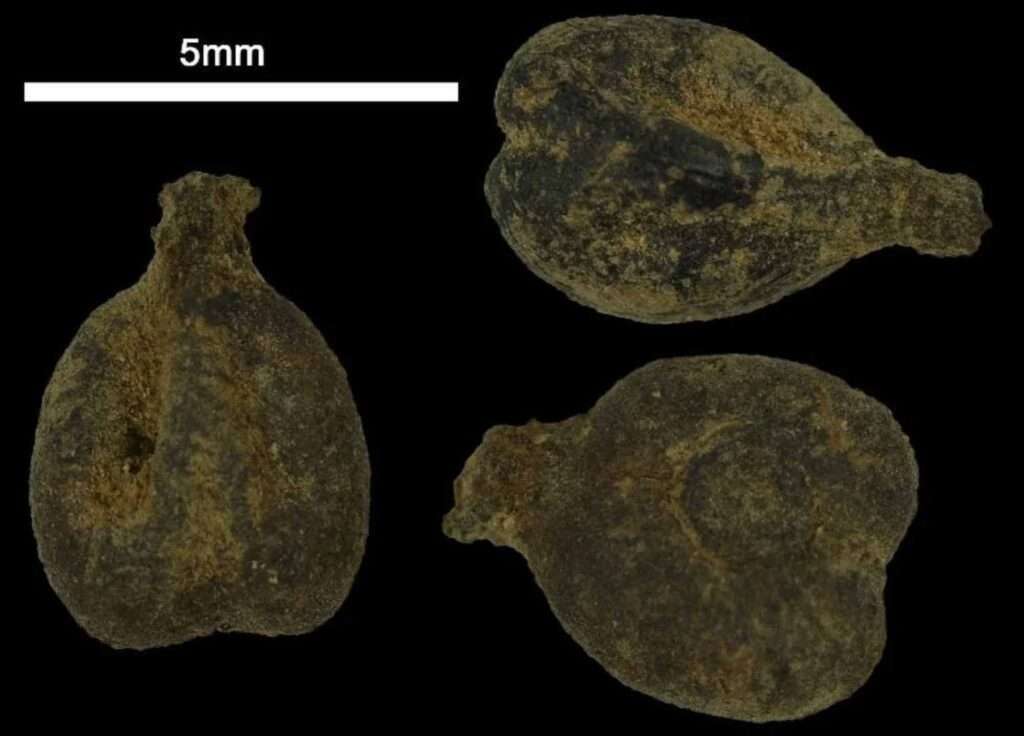
The scientists said in a statement obtained by Newsflash: “Since wine grapes are usually named after their place of origin, it is quite possible that the name Syriki is derived from Nahal Sorek, an important stream in the Judean Hills.”
Further research showed that the same variety may have even appeared in Jackob’s blessing to his son Judah in the Bible.
The verse says: “He will tether his donkey to a vine, his colt to the choicest branch (soreka); he will wash his garments in wine, his robes in the blood of grapes.”
Another verse noting a giant cluster of grapes brought back by the men sent by Moses to explore the land, says: “When they reached the Valley of Eshkol (identified by some as Nahal Sorek), they cut off a branch bearing a single cluster of grapes.
“Two of them carried it on a pole between them.”
For the study, Dr Pnina Cohen and Dr Meirav Meiri extracted DNA from 16 ancient seeds which contained remnants of organic matter.
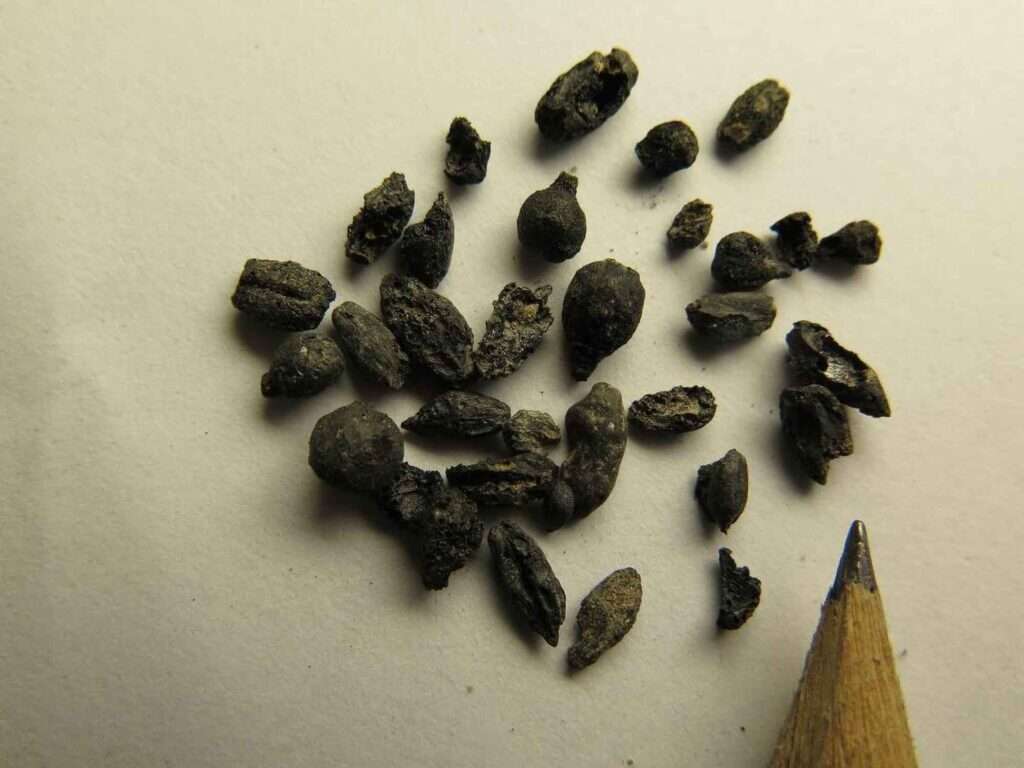
The two researchers then sequenced the DNA and compared the results to databases of modern grapevines from around the globe.
It turned that the two samples of the highest quality – reportedly from around 900 AD – belonged to specific local varieties that still exist today.
Aside from the Syriki, the second high-quality seed seemed to match a variety still growing on Israel’s coastline today.
The scientists said: “A second seed was identified as related to the Be’er variety of white wine grapes still growing in the sands of Palmachim on Israel’s seashore.”
Meiri added: “The wonderful thing about paleogenetics is that sometimes, tiny items can tell a big story.
“This is exactly what happened in this study. With just a bit of DNA extracted from two grape seeds we were able to trace continuity in the local wine industry – from the Byzantine period, more than a thousand years ago, to the present day.
“We believe that our findings are also significant for Israel’s modern wine industry, which has been growing and thriving in recent decades.
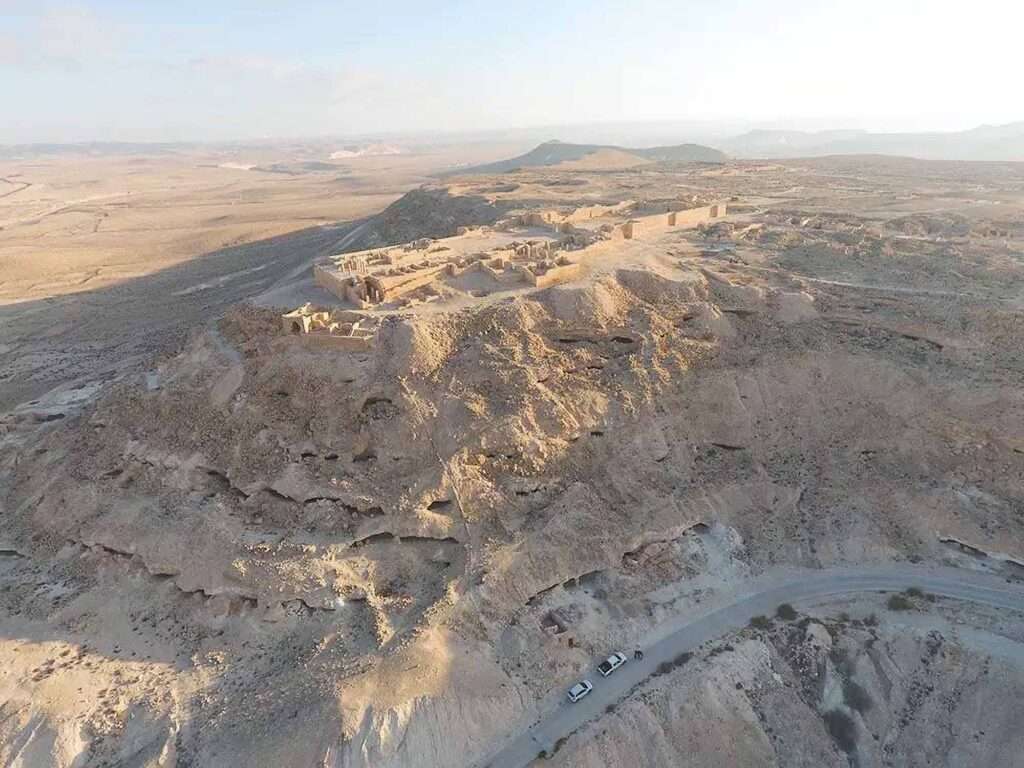
“Today most varieties grown here have been imported from Europe, so that the local conditions are not optimal for them.
“Local varieties can be more suitable for the local climate and soil, especially in the desert region of the Negev.
“Our study opens new paths for restoring and improving ancient local varieties, to create wine grapes that are more suitable for challenging climatic conditions such as high temperatures and little rainfall.”
To find out more about the author, editor or agency that supplied this story – please click below.
Story By: Georgina Jadikovska, Sub-Editor: Marija Stojkoska, Agency: Newsflash
The Ananova page is created by and dedicated to professional, independent freelance journalists. It is a place for us to showcase our work. When our news is sold to our media partners, we will include the link here.

